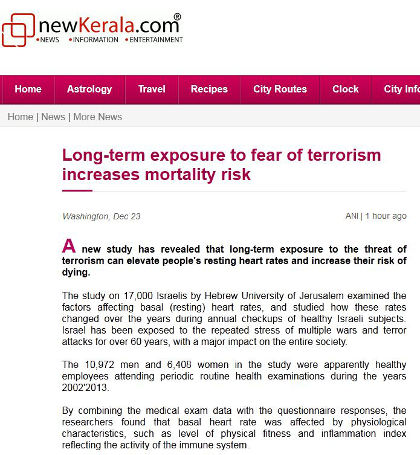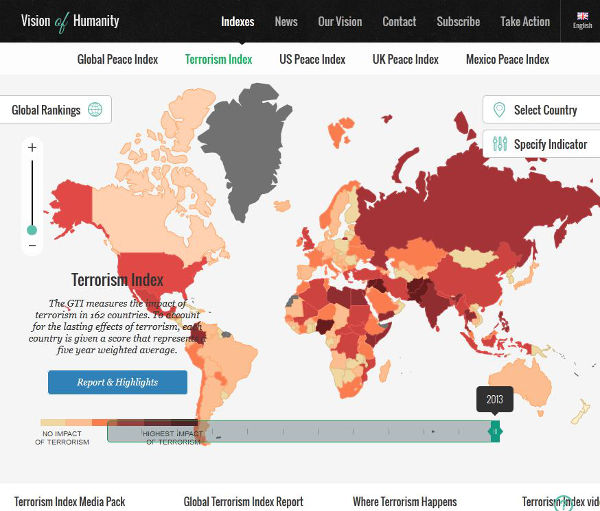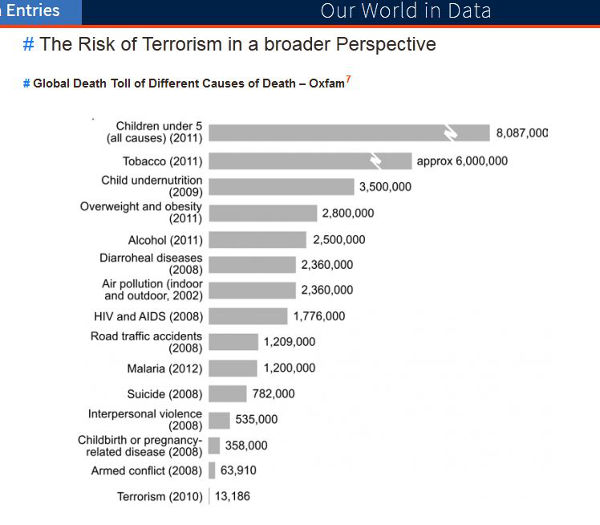This title may seem a bit obvious – of course terrorism is bad for your health. It kills, maims and scars people for life. A more relevant title may have been “The fear of terrorism is bad for your health“. This again doesn’t seem too far fetched as living in constant fear means an uncharacteristic body chemistry with hormones (like adrenalin) being in an abnormal state for long periods of time. Hebrew University of Jerusalem has attempted to quantify this affect on the health of humans with study covering 17,000 Israelis where they used both medical check data and questionnaires to study a population that lives under a very high security environment. They concluded that the fear of terrorism increases resting heart rate and the risk of death. The research appears in the Proceedings of the National Academy of Sciences as “Fear and C-reactive protein co-synergize annual pulse increases in healthy adults.”

The stress associated with long term exposure to terror is bad for your health
By combining the medical exam data with the questionnaire responses, the researchers found that basal heart rate was affected by physiological characteristics, such as level of physical fitness and inflammation index reflecting the activity of the immune system.
In contrast, an ongoing increase in heart rate was also influenced by psychological characteristics such as fear of terrorism. Through a statistical analysis of 325 different parameters, the researchers found that fear of terror was a major contributor to annual increases in resting heart rate, with 4.1% of study participants suffering from an elevated fear of terror that predicted an increase in their resting heart rates. (Eureka Alert!)
While a heartbeat of 60 beat per minute is normal, an increase of up to 70-80 beats per minute was observed in subjects who exhibited an increased fear of terrorism. In other words, for people with an elevated fear of terror, the heart beats faster and the associated risk of heart disease is higher. (NewKerala.com)
Living in fear will kill you prematurely.



